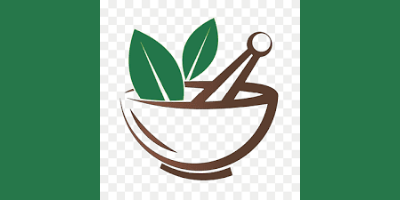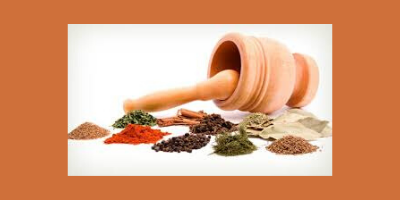Black Peppers
once green peppercorns are dried in the sun, they become black. When black peppercorns are soaked, their skins and pulp are removed and the resulting seed is the white peppercorn. Black pepper is known as the king of spices. In Asia, black pepper is often added to tea as a stimulant and peppercorns are sucked to soothe a sore throat.
Key Benefits of black pepper:
Aids digestion.
Improves the appetite.
Prevents disease since it is anti-bacterial
Cardamom – elachi.
In India, cardamom is often called the queen of spices and it has been prized since ancient times and was chewed by the Moghul emperors of India as a breath freshener, a tradition that still exists today.
Key Benefits of cardamom:
Considered a key digestive and is used to treat stomach disorders.
Helps to prevent vomiting since it has anti-spasmodic properties.
Refreshes the breath and soothes the throat.
Chile Pepper
Although chilli peppers were introduced to India only 400 years ago by the Portuguese, it is difficult to imagine Indian cooking without them. Similar to black pepper, chillies are warming to the body. Chilli peppers are used in Ayurvedic medicine to promote digestion and to soothe a sore throat. When ground with coriander seeds and ginger, chiles soothe abdominal pain and nausea.
Key Benefits of chilli pepper:
Contains Vitamin A and more Vitamin C than citrus fruits.
Soothes abdominal pain, nausea, and throat irritation
Cinnamon
Cinnamon, along with cardamom and bay leaf, is part of the Ayurvedic trio of aromatics used to heal the body and disguise the taste of medicines. When steeped in warm water, cinnamon tea harmonizes the flow of circulation, aids digestion, and helps the stomach to discharge gas. It reduces nausea and decongestion and leaves an appealing flavour in the mouth.
Key Benefits of cinnamon:
Strengthens the heart, stimulates the kidneys and aids circulation.
Cinnamon tea soothes colds, nervous tension, and stimulates digestion.
Cinnamon oil is used as a liniment to soothe headaches, rheumatic pains, body aches, and toothaches.
Cumin
Recognized as one of the kings of Indian spices, cumin is used in the regional cookery and medicine of every part of India, from Kashmir to Gujarat to Bengal. The spice is cooked in street snacks and banquets alike, and blended into drinks to act as a cooling protection against indigestion or water borne stomach infections. Most of the digestive properties of cumin lie in the toasted seeds, or fruit. Cumin is hot in nature and is believed to purify blood, stimulate digestive juices, and reduce nausea, particularly in pregnant women.
Key Benefits of cumin:
Excellent for colds and fevers when infused in hot water
Easily digested and effective in relieving indigestion, gas, and flatulence
Purifies the blood and protects against stomach infections
Garlic
Garlic or the "bulb of life" as it was known to ancient Indian physicians, has been celebrated for its medicinal properties for centuries., one of the earliest Indian surgeons, wrote a treatise on its therapeutic properties. In rural India, strings of bulbs are hung to ward off insects, snakes, and evil spirits.
Medicinally, garlic exhibits five of the six essential tastes prescribed by Ayurveda in balancing aggravation. All parts of the plant are eaten: Pungency is found in the bulb, bitterness is in the leaves, salinity at the crown, astringency in the stem, and sweetness in the seeds. Garlic is eaten is added to the majority of Indian curries since it lends a good taste to meat and fish. It also helps to digest them). Some feel it is an aphrodisiac and they avoid it.
Key Benefits of the garlic bulb:
Traditionally used to treat asthma, deafness, and congestion
Lowers cholesterol, blood pressure and relieves rheumatism.
Clears eye infections when rubbed on the area since it is anti-bacterial
Powerful detoxifier, rejuvenator, and cleanser for the blood
Ginger
This flavourful rhizome has been used for centuries in India cuisine and medicine. Ayurvedic texts credit it as a "universal great medicine". Although ginger is widely used by both Indian and Chinese physicians, it originated on Indian soil and was introduced to China just 300 years ago. In addition to its hot, vibrant flavour, ginger is an excellent digestive and aphrodisiac. Ginger cures nausea and is good for rheumatism. Ayurvedic doctors suggest eating slices of ginger sprinkled with salt before meals to aid digestion. Chewing on a fresh piece of ginger relieves a sore throat, and hoarseness.
—
Ammarah
Radio Islam
+27118547022
ammarah@radioislam.co.za
www.radioislam.co.za





0 Comments